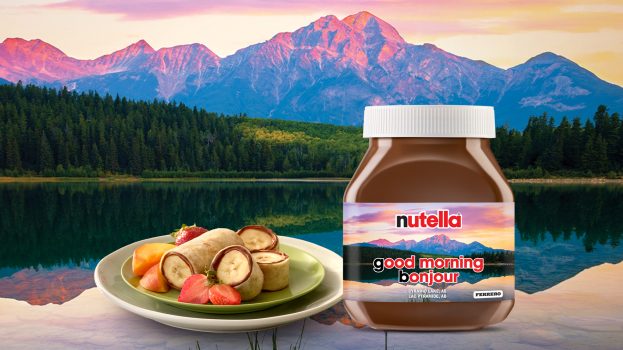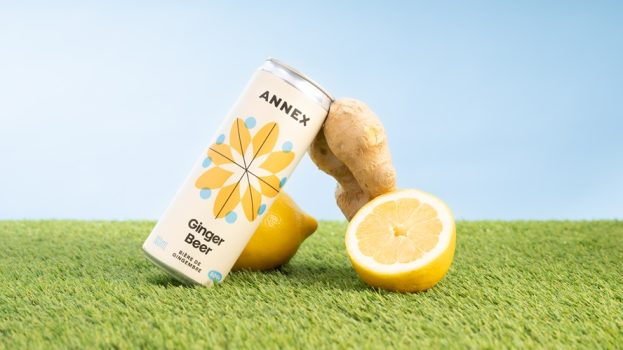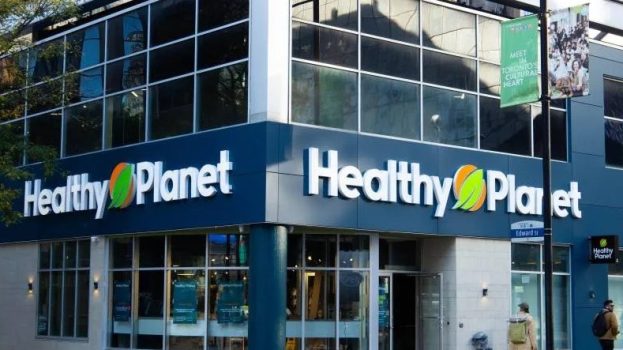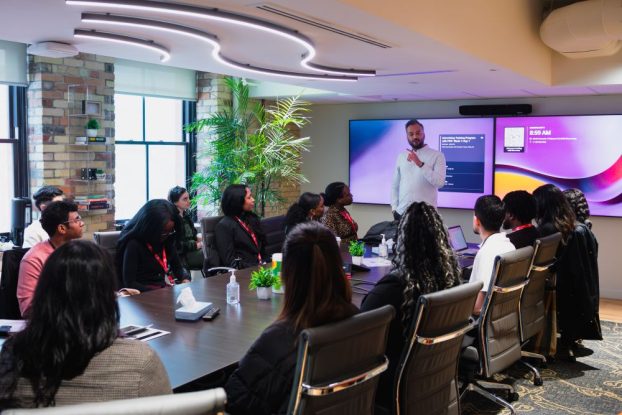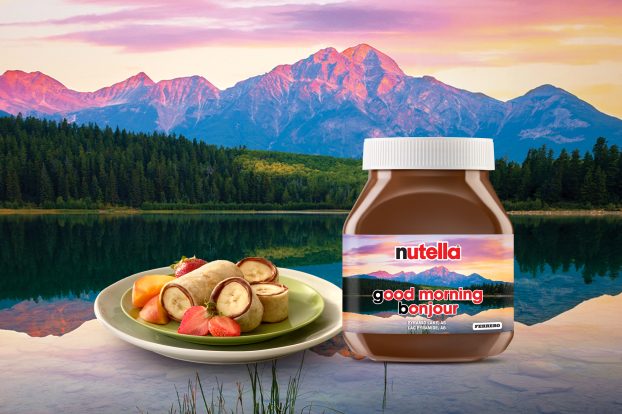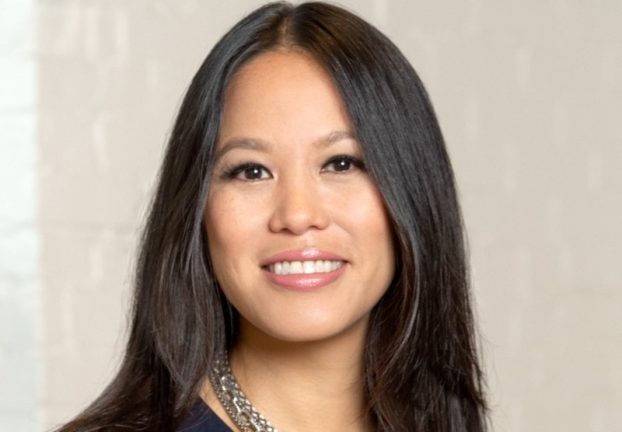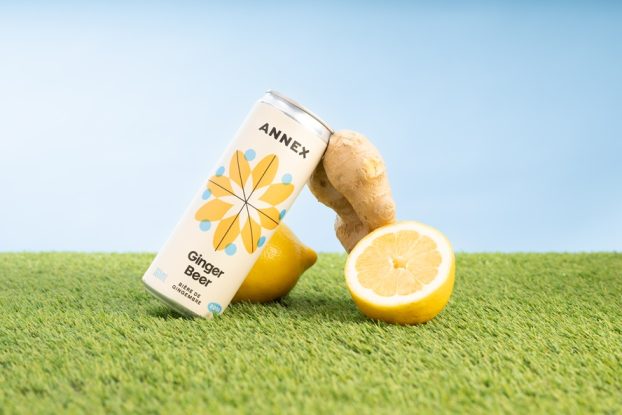Keurig brewing systems is hoping to wake up consumers with its boutique pop-up shop in Toronto’s Yorkdale shopping centre, as it highlights premium models and addresses K-Cup recyclability concerns.
In the pop-up, which opens December 2, the home coffee brewer will offer samples and a customizable toppings bar. The event comes with a gift bar, as well as a pop-up art studio featuring calligraphy and hand-painted holiday cards.
Frédéric Aubry, senior manager at Keurig brand, tells strategy that the Keurig Boutique is themed around “the magic of hosting and gifting” and will run for three weeks. The event’s mission, he says, is to appeal to those looking for hosting essentials and gift ideas this holiday season.
The intent is not to operate its own store network, as the brand looks to maintain and develop relationships with partner retailers, he says. Rather, the pop-up is about showcasing a unique customer experience.
The home coffee making segment is a hotly contested one, encroached upon not only by other large manufacturers, but also by the ease with which a consumer can grab an on-the-go alternative from a QSR. Aubry, however, sees opportunity and says “we are always looking for ways to directly engage with consumers when we get to brand-building initiatives.”
Single-serve java competitor Nespresso is also activating during the holiday season, offering what the Nestle brand describes as a Nordic Garden pop-up boutique in Toronto’s Distillery District. And while not a direct competitor, premium maker Miele often goes the experiential route, hosting events at its Miele Experience Centres, with experts showing how best to use its coffee machines.
 Aubry says the Keurig brand offers products that appeal to a range of consumers, occasions and coffee lovers, but that it will showcase its more premium offerings (like the K Cafe model, pictured left) in keeping with Yorkdale’s more high-end demographic appeal.
Aubry says the Keurig brand offers products that appeal to a range of consumers, occasions and coffee lovers, but that it will showcase its more premium offerings (like the K Cafe model, pictured left) in keeping with Yorkdale’s more high-end demographic appeal.
Aubry says that eventually all Keurig pods will be recyclable and compostable, and that it’s taking the opportunity at the boutique to educate consumers on how it’s developing its recycling program. Ambassadors on site will help communicate the message and educate consumers on how to recycle their K Cups.
“The pop-up itself is customizable and modular, so it’ll allow us to reuse for in-store demos and trade shows. Nothing is really lost there,” he says.
Globally, the coffee brand has ratcheted its green-facing efforts of late. Post-merger with Dr. Pepper, and facing public pressure, Keurig promised to make all of its K-cup pods recyclable in the U.S. by the end of 2020 (the brand tells strategy that all K-Cup pods in Canada are recyclable and have been since the beginning of 2018).
Competitor Nespresso has aimed to educate consumers on the reusability of its coffee pods, which are made of aluminum, as consumers become more discerning about environmental claims.
Aubry says Keurig has a program called K-Cycle, where it recycles the cups from commercial customers and takes back all the pods from that division. He says it’s also partnered with Emterra, a GTA-based waste management company, to study the recycling “recoverability” of its new polypropylene pods.
In a multi-year multi-jurisdictional project Keurig and Emterra used radio frequency technology (RFID) to track pods (empty or crushed and still containing coffee) to see if they were making it to the container processing line at different facilities and adversely affecting other polypropylene product reusability during the recycling process. Emterra claims that, on average, 90% of the empty K-Cup pods made it to the container line, and that impact on paper quality was negligible.
Keurig, however, is facing a possible legal action in California, with the brand accused of falsely labeling its coffee pods as recyclable and that its packaging is too lightweight to be captured by most recovery facilities in that jurisdiction.
Correction: an earlier version of this article wrongly stated that recycling materials testing was done in only two provinces. Strategy regrets the error.



